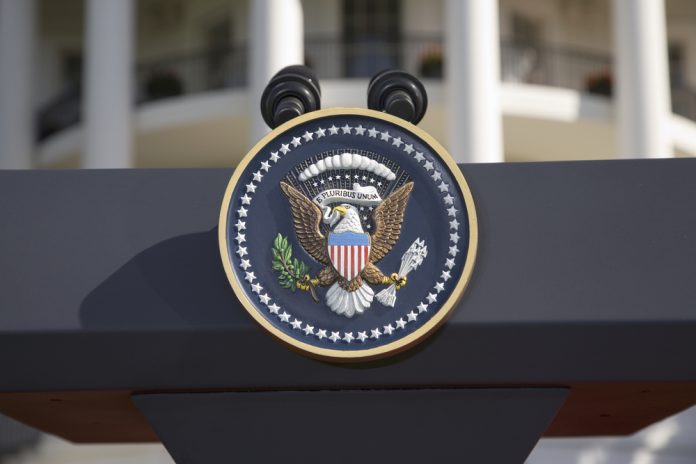Last week President Trump gave the go-ahead for air strikes in Syria after a suspected chemical weapons attack devastated the region, in a move that has led many critics to label him as a warmonger.
The unexpected “hawkish” turn for the President’s Foreign Policy may have serious ramifications for Trump’s leadership and more dangerously, may prove the catalyst in ushering in a new Cold War era.
Here’s why.
1.Threats to Russia
Over the years, the US-Russian relation have been, at best, frosty. Yet Putin and the new president have been openly complimentary of one another, signalling a potentially promising progression for diplomatic relations between the two superpowers.
However, such ambitions have been since thrown into doubt over Trump’s decision to launch military action into Syria – a region that Russia has been heavily involved in and of which remains a focal point for Putin’s Foreign Policy.
Putin remains eager to continue to cement Russian influence in the Middle East through the backing of the Assad regime. Trump’s recent movements have openly criticised Russia’s involvement with Assad and in an interview with Fox News, Trump said Putin is backing a person who is “truly evil”.
Indeed, using chemical weapons against your own citizens or any peoples, should be fervently condemned and it remains illegal under international law. However, resorting to military action as retaliation, presents a real conundrum for the coherency of Trump’s foreign policy.
Now, the pressure is truly on from Russia and the international community for the commander-in-chief to clarify his thus far “ambiguous” foreign policy. Will Trump succumb to hawkish tendencies?
2. Domestic v Foreign Policy President
Getting involved in military operations abroad has arguably never worked to America’s advantage – as attested by the fundamental misjudgements that were Vietnam and Iraq. The adoption of the position of the “world’s policeman” has led to criticisms of neo-imperialism, and has continually proved problematic. This has been something that Trump had continually criticised throughout his campaign for the presidency, and something that resonated with his support base.
As the situation in Syria continues to ferment, Trump risks plunging into a military quagmire that has the power to shape his presidency.
More often than not, presidential legacies are often dichotomised as Foreign or Domestic Policy orientated, and ultimately reduced to a few, key defining events. Famously, Lyndon Johnson and George W. Bush’s domestic agendas were overshadowed by war, which Trump’s recent movements risk repeating.
Should Trump become consumed by geo-politics, his grand pledge to “make American great again” at home, may be severely and irrevocably hindered.
3. Worsening Cabinet rifts
What’s more, a military situation may only serve to worsen an already toxic climate within the White House, as reports of rifts between key advisors and cabinet officials continue to circulate.
Steve Bannon’s recent side-lining as national security advisor, alongside White House press secretary Sean Spicer’s ill-advised remarks on chemical weapons, only serves to further concerns over the administration’s ability to coherently and effectively deal with a political crisis.

